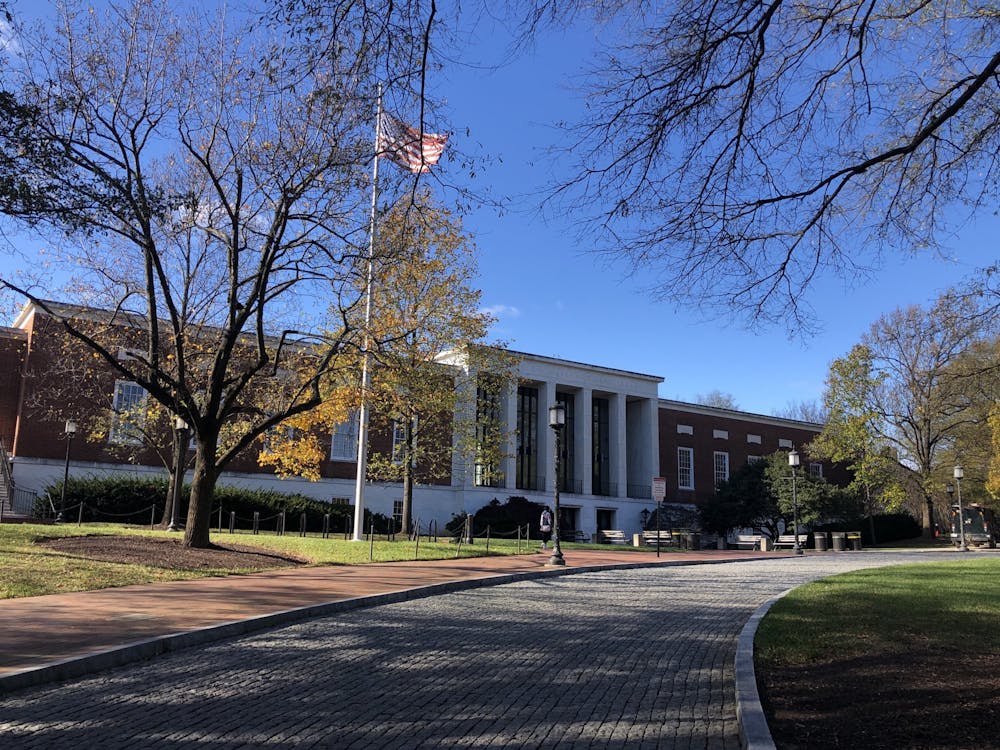The Student Government Association (SGA) held its weekly meeting on Tuesday, Dec. 1, where the senators proposed changes to Student Activities Commission (SAC) Funding Policies and discussed changes to its meetings’ public input periods.
Executive Treasurer Addy Perlman presented edits made to the SAC Funding Policies. SAC guidelines dictate budget funding for student organizations and are edited annually for the next fiscal year.
SAC will now provide some funding for prizes. Perlman explained that student groups need this funding in order to provide incentives for students to attend online events.
Perlman expressed her belief that providing prize funding could connect groups in a positive way even after students return to campus.
“Instead of having food as an incentive, this would bring a fun way to have groups connect with others and students who are non-members. We’re also hoping that this would increase collaboration amongst groups,” she said.
A transparency clause was also added to the guidelines, stating that SAC should be transparent about what choices members make when allocating funding.
Perlman detailed how this will benefit student groups.
“For each group, we will provide specific notes for them about what we funded, what we didn’t fund and why, just so that groups actually know what’s going on in the process and it’s not this big mysterious thing,” she said.
The edited guidelines were passed unanimously.
Senior Class Senator Julia Zeng and Junior Class Senator Megan Chien also introduced the Lottery for Diverse Perspectives Bill, which would add another public input period during SGA’s general board meetings. Zeng and Chien hope to implement this change during the spring semester.
According to Chien, these input periods would occur at the beginning of general board meetings, lasting about 10 minutes.
“Ideally, we’d want members of the public to send in their input. The SGA moderators will be able to randomly choose three members of the public,” she said. “By doing this randomly, we hope to get a diverse set of topics from different parts of the student body.”
Zeng elaborated on the selection process, explaining that SGA moderators would be responsible for emailing chosen students and introducing their pre-prepared questions.
She also noted that as an incentive, members of the public who attend would receive a Blue Jay plushie. Those who are not selected would still be able to provide their input by filling out an online form.
Chien explained why restructuring meetings to have the open input period at the beginning of the meetings would be more beneficial.
“It can be very difficult for members of the public to give us their opinions, comments and perspectives because they have to wait through the entire meeting, and we don’t know how long the meeting is,” she said. “When they do get a chance to speak, it’s only for a few intervals at a time.”
Zeng agreed, noting that SGA’s current public input periods are extremely underused by the student body.
“We want to encourage people from different backgrounds to come and talk about their experiences at Hopkins, and this is something that we need right now, especially with COVID and virtual education, just to make sure that everyone’s opinions are heard,” she said.
Junior Class Senator Subha Batta suggested that information from public input forms could also be presented to the entire SGA student body on an occasional time frame by a representative, rather than having only a few SGA members see them.
“If those are concerns that they wanted us to know about, we should all hear about them and see what we can do about it,” she said.
Executive President Sam Mollin recommended that the role of the moderators to oversee and contact members of the public should be given to a member of SGA’s executive board.
The bill was tabled in order to create legislation for a committee to oversee the input period.
SGA also began the process of electing members to fill the seats of the Hispanic/Latinx Caucus. Executive Secretary Breanna Soldatelli was elected to be the chair of the caucus, and Sophomore Class Senator Talia Shadroui was elected as the vice-chair. Both candidates were nominated by Freshman Class Senator Elaina Regier.





